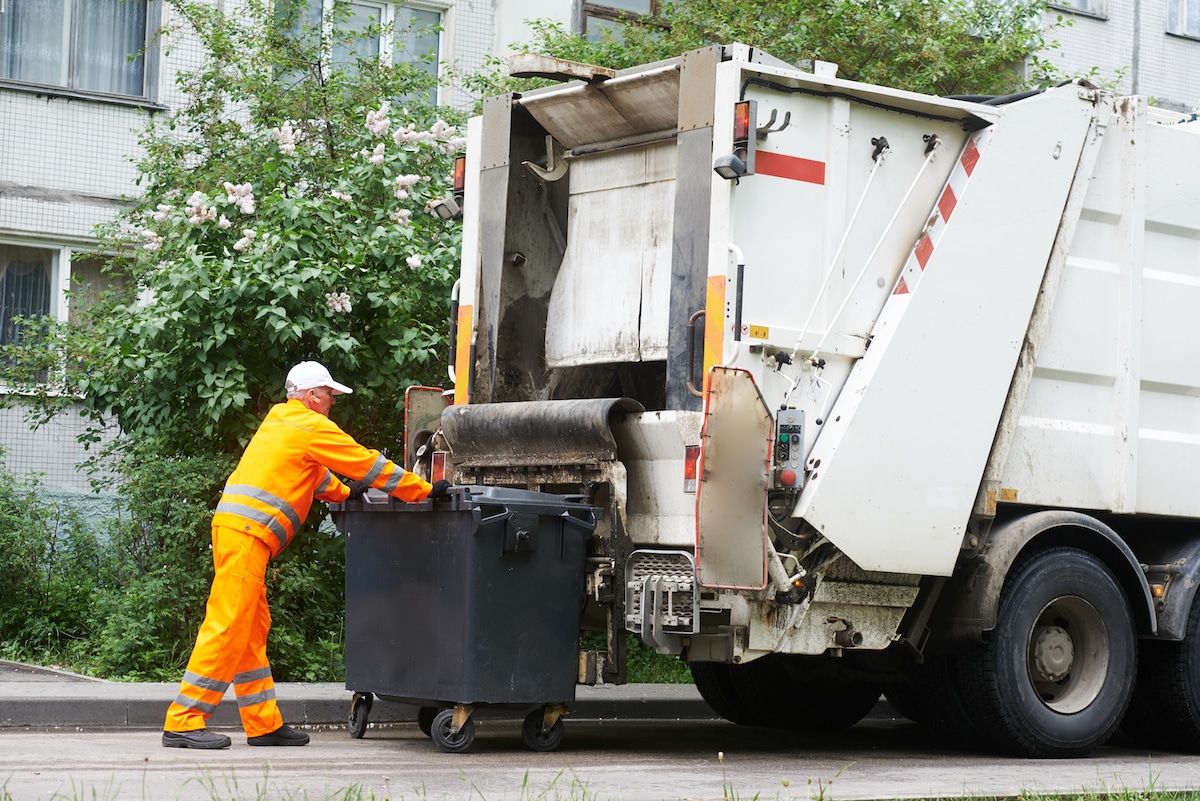What’s Needed to Accelerate Electric Refuse Vehicle Adoption in the UK?
By Dave Hughes, Commercial Director, Waste Sector at VEV
Every morning across the UK, thousands of diesel refuse collection vehicles (RCVs) rumble through our streets, collecting waste from homes and businesses. At VEV, we’ve seen how the right support and strategy can make RCV electrification both environmentally and financially advantageous.
The technology is proven, the benefits are clear, and the urgency is undeniable. But what will it take to transform our waste management sector so that electric RCVs (eRCVs) become the norm and not the exception?
I’ve been in the waste sector for over 30 years and to me, there are three key changes needed to drive this transformation forward.
Actions Speak Louder Than Words: Industry Leaders Must Step Up
It’s time for action to match rhetoric and sustainability targets. Several major industry players have committed to operating decarbonised fleets by 2030 and 300 councils have declared climate emergencies. These aren’t just aspirational targets – they’re promises that need to be fulfilled. The industry looks to these leaders to set the example, and their success (or failure) will significantly influence wider adoption.
The maths here is simple but compelling: with a typical capital cycle of 5-7 years for an RCV, we’re now fewer than one replacement cycle away from 2030.
Waiting until the last minute to make the switch isn’t just risky and setting a bad example – it’s potentially more expensive too. As demand surges closer to mandatory transition dates, we’re likely to see vehicle prices and grid connection costs increase substantially.
Early movers not only spread their learning curve but also secure better positions for infrastructure and supply chain requirements. My advice is to at the very least assess the power supply where your depots are located to start to plan for the large power demand increase required by your future electric fleet. Understanding your fleet’s future power demand is often where our team first gets involved.
Show Us the Money: The Need for Government Support
We desperately need enhanced government financial support for both public and private sector fleets. While the government has shown willingness to support the transition to EVs for consumers through various initiatives, the waste management sector still requires specific attention.
Consider this stark reality: an electric RCV costs around £450,000 compared to £225,000 for its diesel counterpart – the initial investment can be daunting for operators already facing tight budgets – more government financial incentives can help here. (See below my comments on the overall business case.)
Let’s look at the bus sector as an example of what’s possible. Last March, the government allocated £143 million to help 25 councils purchase 955 zero-emission buses. The waste management sector deserves similar support.
Local authorities and private operators are grappling with these high costs, and while mandates pushing for electrification are important, they need to be balanced with financial incentives.
Connected Thinking: The Need for Holistic Solutions
We need more joined-up thinking in our approach to sustainability. Effective collaboration and communication between the industry and organisations like the Environmental Services Association (ESA) and the Chartered Institute of Waste Management (CIWM) are key to ensuring a smooth transition.
A prime example of how we could improve our collective thinking is the new simpler recycling regulations coming into effect on 31 March 2025. These regulations will require businesses across England to separate food waste from other waste streams for collection by approved contractors. Yet paradoxically, many of the vehicles being purchased to fulfil these new requirements are diesel-powered – a clear contradiction to our environmental goals.
We can take inspiration from other nations that have revolutionised their approach to waste collection. Countries like Sweden, Finland, Scandinavia and Denmark are all setting examples that the UK needs to follow.
Instead of running separate vehicles for residual waste, food waste, recycling, and garden waste, they’ve implemented integrated collection systems that use a single vehicle for multiple waste streams. This holistic approach not only reduces emissions but also improves operational efficiency.
The irony isn’t lost on me that we’re using polluting vehicles to clean up our streets. It’s a case of clean streets but dirty air – a contradiction we must resolve.
Bottom Line: The Business Case Stacks Up
While the initial costs of eRCVs may seem high, our real-world data analysis has shown that eRCVs will deliver net zero emissions for net zero cost increase. The results of our pilot eRCV scheme in Hampshire with RVS, and public services provider Serco last year speak for themselves.
Scaled early adoption leads to lower total cost of ownership through operational savings and optimised fleet management.
The road to zero-emission waste collection is challenging, but with expert support to develop your strategy, design and build the infrastructure and then optimise live EV fleet operations, it’s entirely achievable. That’s what we do at VEV.
I’ve recently joined VEV to help make this ambition a reality. Feel free to contact me for an informal discussion about your decarbonisation challenges and how we can support your journey to a cleaner, more sustainable future.
